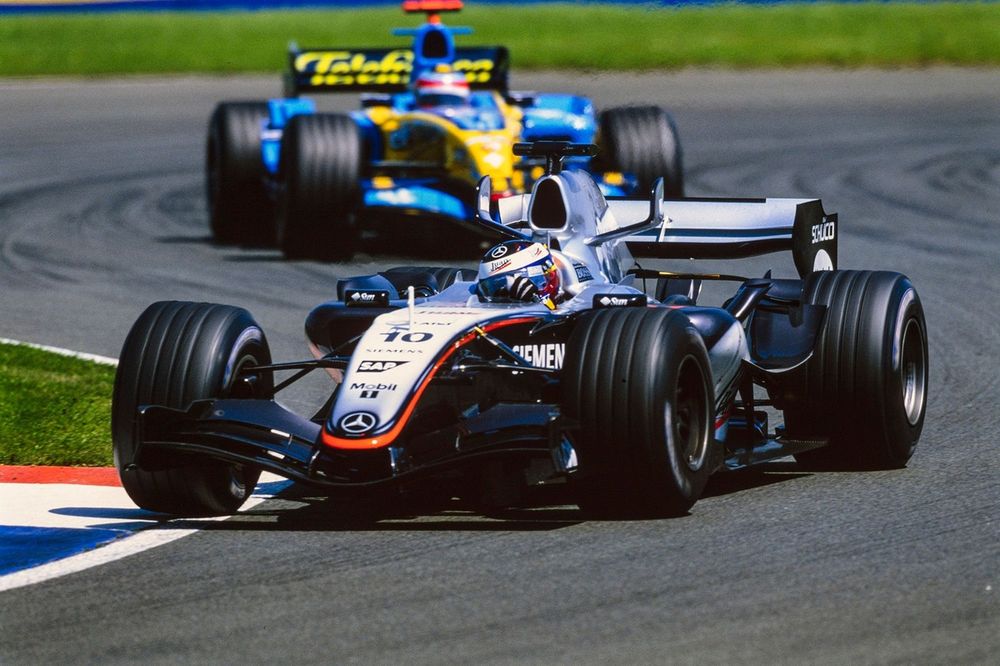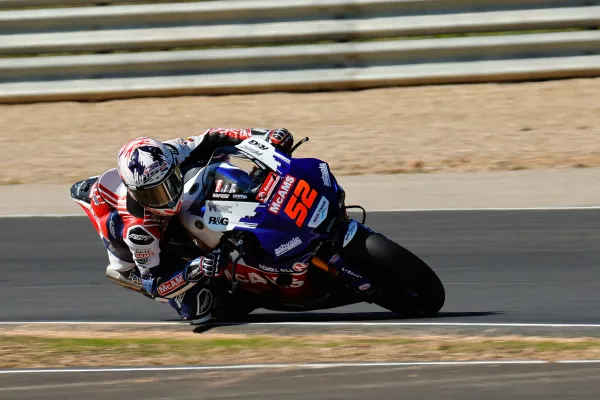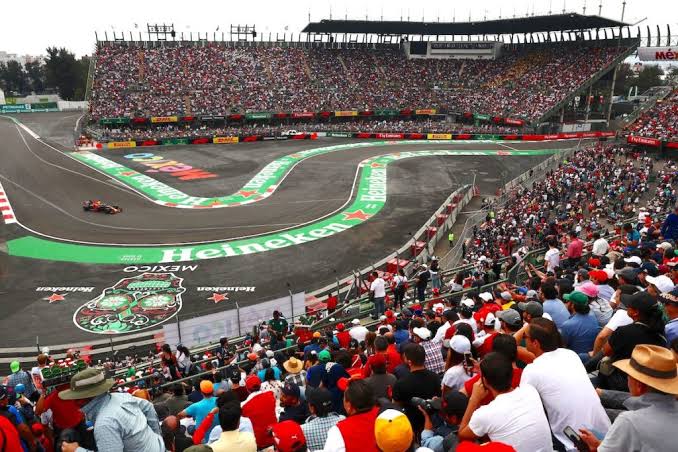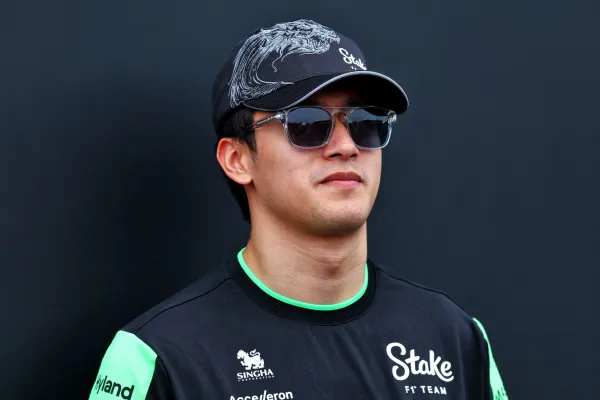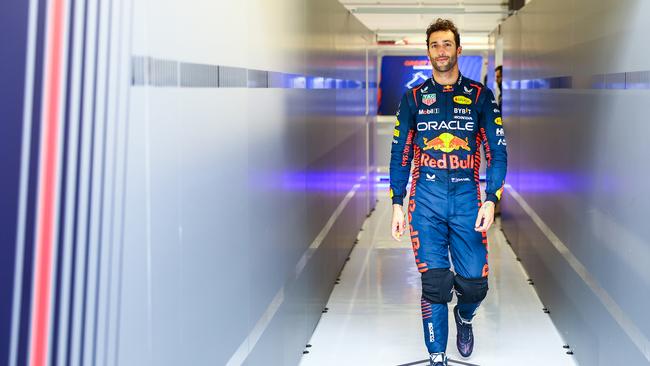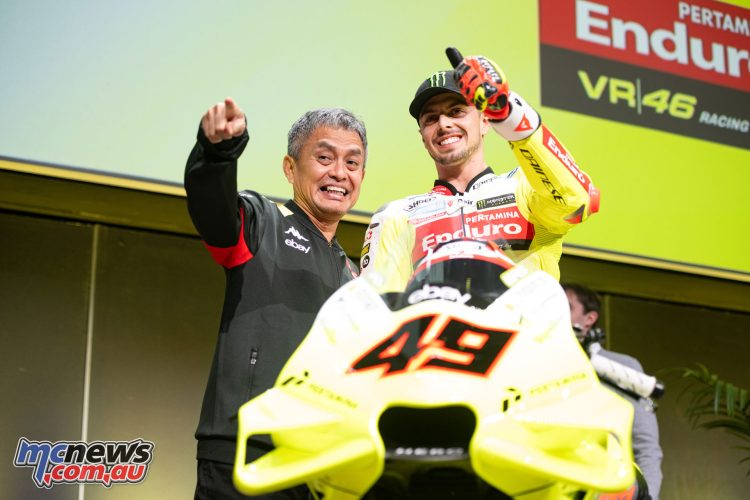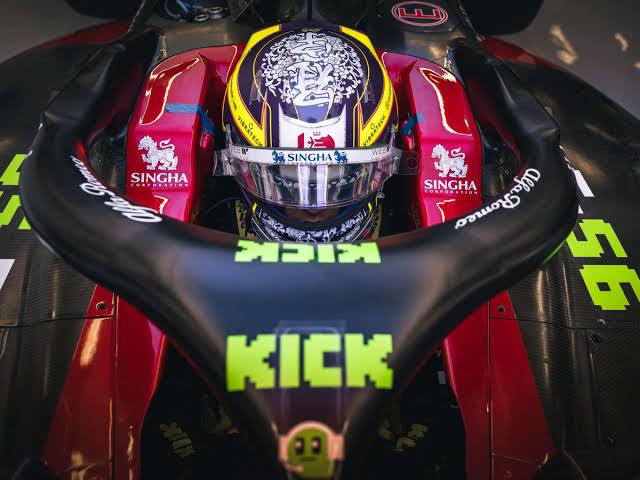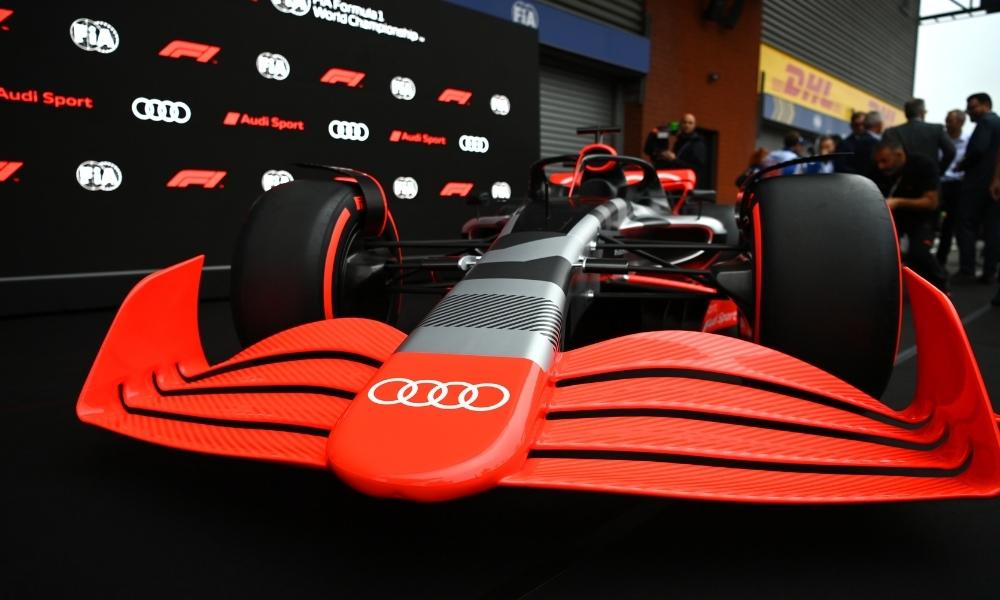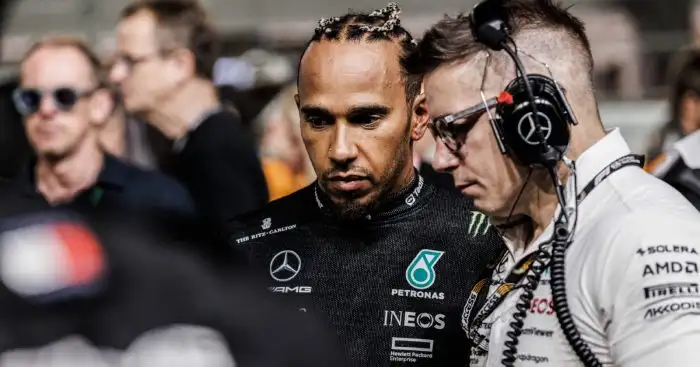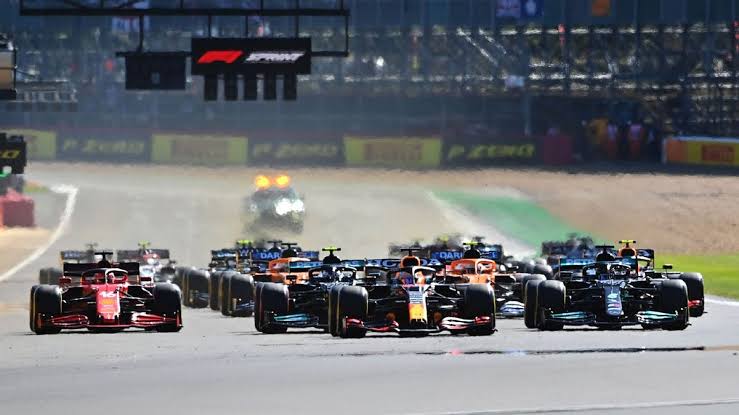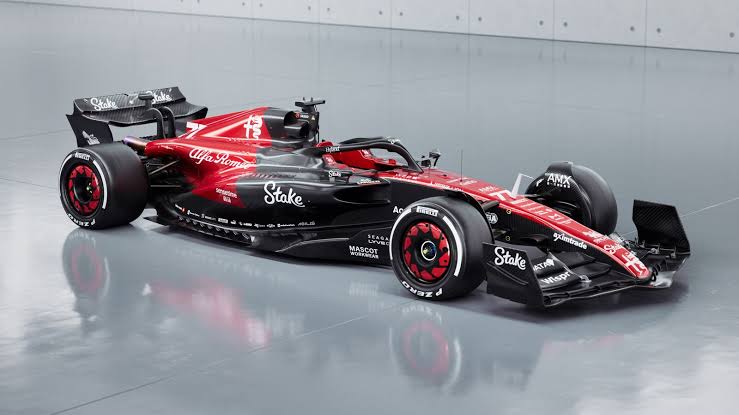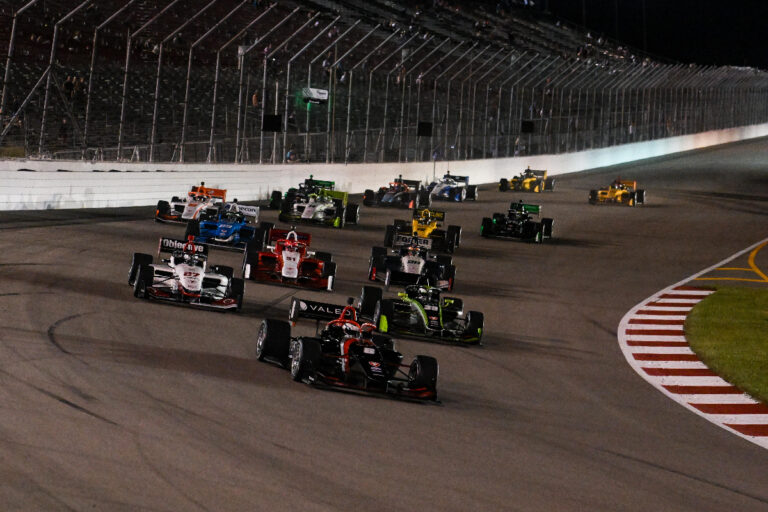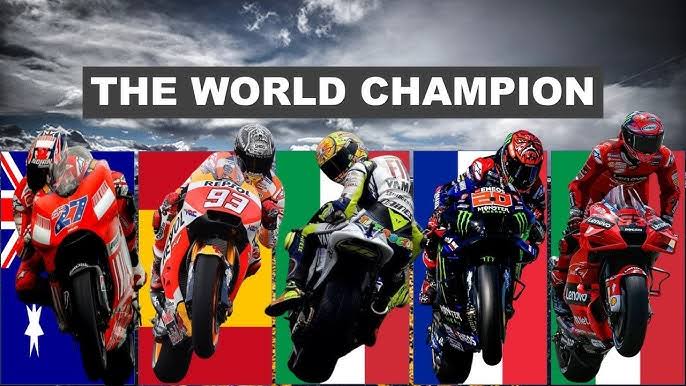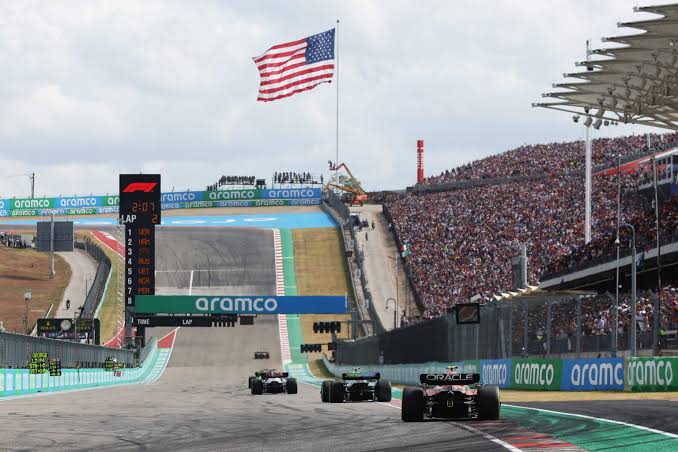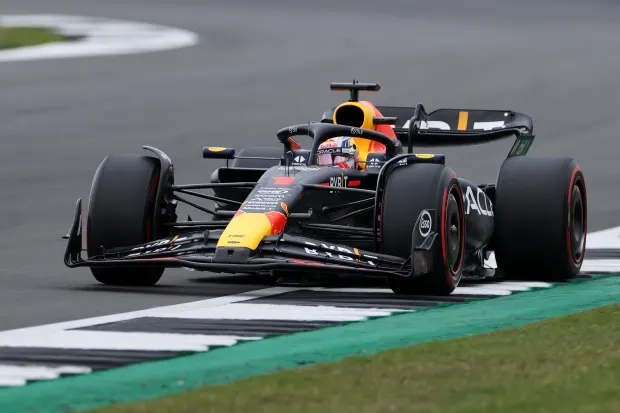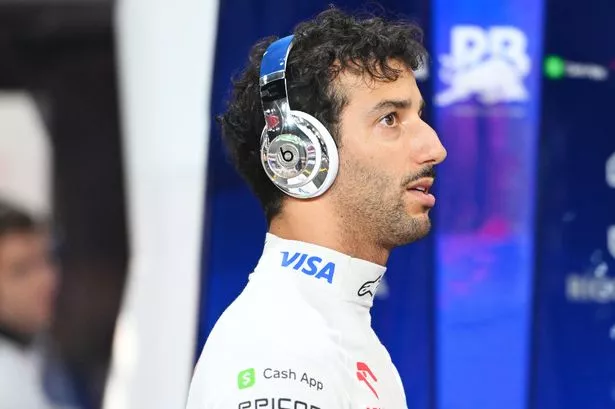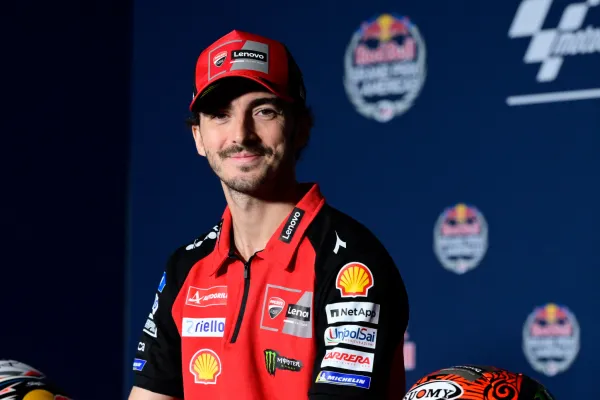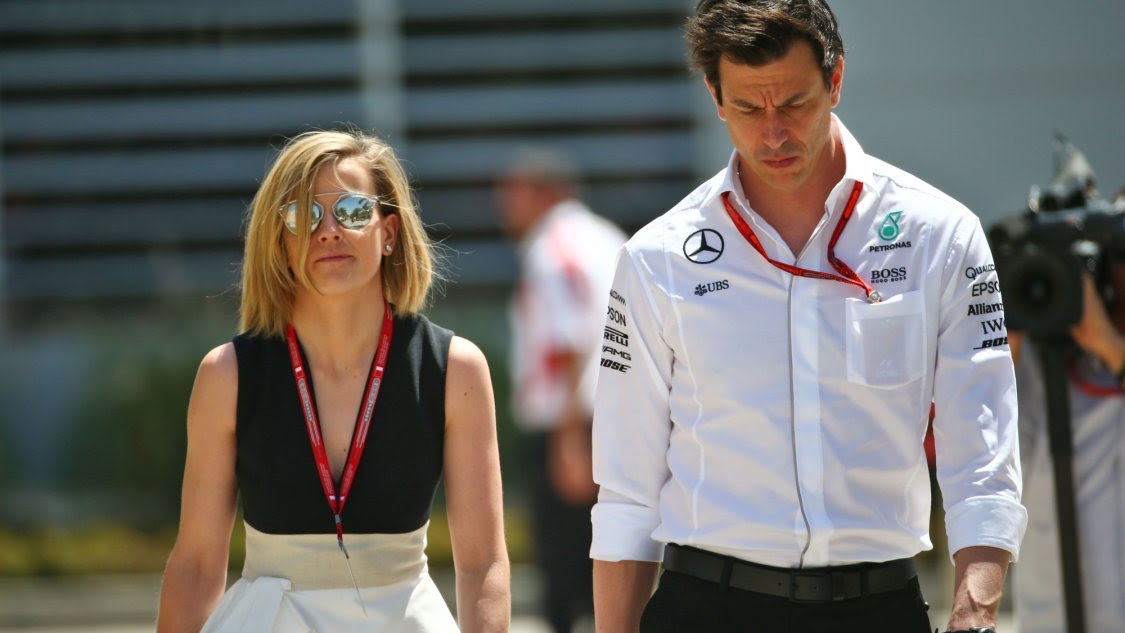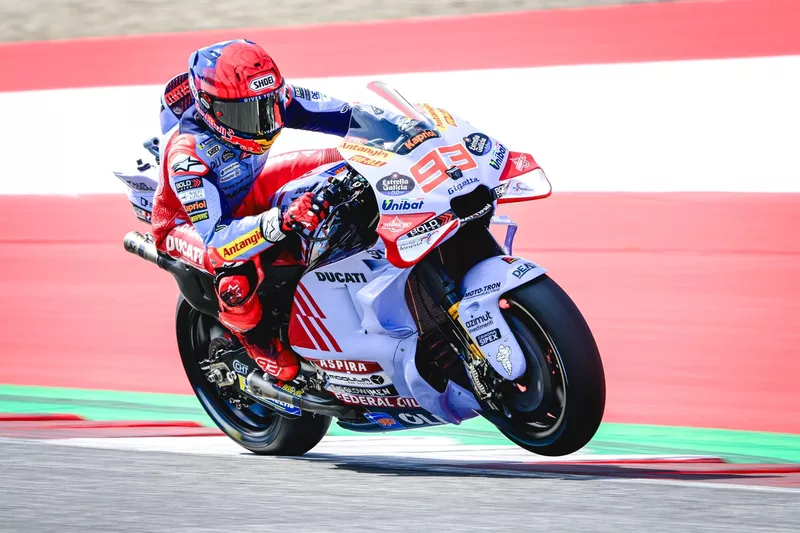FIA’s Consideration Of F1 V10 Engine Return: A Bold Step Towards Motorsport Evolution
Formula One (F1) is currently navigating a pivotal moment in its storied history, with the Fédération Internationale de l’Automobile (FIA) contemplating the potential return of V10 engines while also considering the possibility of scrapping the 2026 engine regulations. This development has ignited passionate discussions among fans, manufacturers, and stakeholders, raising critical questions about the future direction of the sport.
The Glory Days of V10 Engines
The mere mention of V10 engines evokes a wave of nostalgia for many F1 enthusiasts. These naturally aspirated power units reigned supreme from 1989 to 2005, delivering breathtaking performance that defined an era. With power outputs exceeding 900 horsepower and the ability to rev up to a staggering 19,000 RPM, V10 engines produced a distinctive sound that became synonymous with the thrill of Formula One racing.
During this golden age, legendary drivers like Michael Schumacher and Ayrton Senna captivated audiences with their skill and daring behind the wheel. The raw power and mechanical beauty of V10 engines not only provided exhilarating racing but also created an emotional connection between fans and the sport.
As FIA President Mohammed Ben Sulayem recently suggested, there is a growing desire to explore the reintroduction of V10 engines running on sustainable fuels. This idea emphasizes the need to balance technological innovation with environmental responsibility while preserving the visceral thrill that defines F1.
Discover how Formula 1 teams are revolutionizing electric motorsport by blending sustainability and performance.
Current Landscape: The 2026 Engine Regulations
In stark contrast to the nostalgic allure of V10 engines, the proposed 2026 regulations represent a significant departure from tradition. These new rules aim to enhance sustainability and electrification in F1, featuring turbocharged V6 engines that incorporate advanced hybrid technology. The regulations call for a 50% increase in electric power via the Motor Generator Unit – Kinetic (MGU-K), alongside the use of 100% sustainable fuels.
This shift aligns with F1’s ambitious goal of achieving net-zero carbon emissions by 2030. While these changes promise technological advancements and attract new manufacturers like Audi and Porsche, they have faced criticism for their complexity and perceived lack of emotional appeal compared to earlier engine designs. Many fans argue that these regulations do not resonate with the core audience that cherishes the raw power and sound of traditional engines.
The Push for V10 Engines: Stakeholder Dynamics
The conversation surrounding a potential return to V10 engines has gained traction among prominent teams such as Red Bull Racing and Ferrari. Reports indicate that stakeholders are seriously considering postponing or even scrapping the 2026 regulations in favor of reintroducing V10 power units by 2028. This would extend the current hybrid era for three more years before transitioning back to naturally aspirated engines.
However, this proposal is not without its challenges. Manufacturers like Audi and Honda, who have invested heavily in developing engines for the 2026 regulations, could face significant setbacks if these plans are abandoned. The controversy highlights the tension between preserving F1’s heritage and embracing its future.
Environmental Concerns vs. Emotional Appeal
One of the primary arguments against returning to V10 engines is their perceived lack of road relevance and environmental sustainability. Critics contend that modern motorsport must prioritize reducing carbon emissions and advancing technologies applicable to everyday vehicles. However, proponents argue that sustainable fuels could make V10 engines environmentally viable while maintaining their iconic sound and performance characteristics.
The FIA has acknowledged these concerns, emphasizing that any decision to reintroduce V10 engines would be tied to cost-containment measures and environmental considerations. This approach aims to strike a balance between innovation and tradition.
Challenges Ahead: Navigating Controversy
Scrapping the 2026 regulations at this stage would be a controversial move with far-reaching implications. Teams like Ford-backed Red Bull Racing have already committed substantial resources to developing engines under these new rules. Abandoning them could disrupt competitive balance and alienate manufacturers who have aligned their strategies with F1’s sustainability goals.
Moreover, transitioning back to V10 engines would require significant investment in research and development, raising concerns about cost control—a critical issue for smaller teams struggling to compete financially in an increasingly competitive environment.
To explore more about how Red Bull Racing stays ahead in innovation and performance, check out our article.
What Lies Ahead for Formula One?
As discussions continue among F1 stakeholders, several scenarios are emerging regarding the future direction of engine regulations:
Adopting V10 Engines in 2028
One option on the table is extending the current hybrid regulations until 2028 before transitioning back to naturally aspirated power units. This approach would allow teams time to adjust while satisfying fans’ desires for a return to traditional engine sounds.
Implementing Hybrid-V10 Engines
Another potential solution involves combining electrification with sustainable fuels in a hybrid-V10 format. This could offer a middle ground between environmental responsibility and emotional appeal, allowing teams to leverage advanced technology while still delivering thrilling performances reminiscent of past eras.
Retaining Current Plans
Conversely, some stakeholders advocate for retaining the current 2026 regulations as they align with F1’s trajectory toward electrification and sustainability. This path emphasizes technological innovation as essential for attracting new audiences while addressing global environmental challenges.
Regardless of which scenario unfolds, one thing is clear: Formula One must evolve while staying true to its identity as a premier motorsport spectacle.
The Role of Fans in Shaping F1’s Future
As discussions about engine regulations continue, fan engagement plays an increasingly vital role in shaping F1’s future direction. The passionate opinions expressed by fans on social media platforms highlight their desire for thrilling racing experiences that resonate emotionally.
F1 has made strides in recent years to enhance fan engagement through initiatives like fan voting on certain race formats or rules changes. As stakeholders navigate this complex landscape, it is essential for them to consider fan feedback as they make decisions regarding engine regulations.
Conclusion: Balancing Tradition and Progress
The debate over F1’s engine future encapsulates broader tensions within motorsport—between tradition and innovation, emotional appeal and sustainability. Whether through roaring V10s or cutting-edge hybrids, Formula One’s next chapter promises to be transformative.
For insights into how Ferrari continues its legacy as an F1 powerhouse, read our exclusive analysis.
As fans eagerly await further developments regarding engine regulations, one question remains: Can Formula One reconcile its storied past with its ambitious vision for the future? Only time will tell as stakeholders weigh their options carefully amidst changing dynamics within motorsport.
Final Thoughts: The Future is Uncertain but Exciting
In conclusion, Formula One stands at a crucial juncture where decisions made today will shape its trajectory for years to come. The potential return of V10 engines offers an enticing glimpse into what could be—a blend of nostalgia and modernity that appeals both emotionally and technologically.
As we look ahead, it is essential for all stakeholders—teams, manufacturers, regulators—to collaborate closely while keeping fans’ interests at heart. By doing so, they can ensure that Formula One remains not only relevant but also thrilling in an ever-evolving landscape.
With discussions ongoing about engine regulations and their implications on racing dynamics moving forward into uncharted territory; one thing remains certain: change is inevitable—and it will undoubtedly be fascinating to witness how this iconic sport adapts while honoring its rich heritage along the way!
